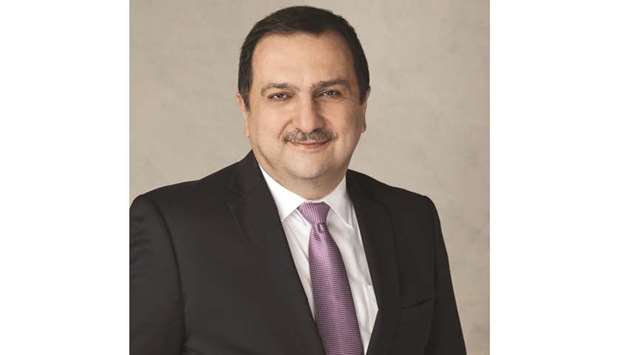The external cyber security threats remain “high” for Internet of Things (IoT), which continues to gain a strong footing in the Gulf Cooperation Council (GCC) in general and Qatar in particular, according to Booz and Hamilton.
Highlighting that notably, Qatar is gearing up to host the 2022 FIFA World Cup, it said organisers are exploring IoT solutions like stadium mobile applications to help visitors navigate the event.
“It is therefore becoming increasingly essential to ensure that smart solutions are integrated and necessary cyber security frameworks are in place,” it said in a report.
According to Kaspersky Labs, Qatar has experienced the highest number of cyber threats in the GCC during the first three months of 2017 where 29.7% of Internet users were affected by online threats, while 49.8% of computer users were affected by local threats (malware spread via local networks, USBs, CDs, DVDs, and other offline methods).
Highlighting that the IoT continues to gain a strong footing in the GCC across different sectors ranging from manufacturing and transportation to energy, the report said the “vulnerability of IoT to external cyber threats remains high; in fact even higher than traditional IT.”
“If organisations are to succeed with IoT – security has to be deeply embedded in their DNA. This involves a close, careful, and systematic examination of all potential weak points,” the report said.
IoT is fast becoming a part of every industry and nearly every aspect of everyday lives – from connected cars and smart buildings, to intelligent homes and even medical devices like pacemakers and insulin pumps, according to Dr Raymond Khoury, executive vice president and digital practice lead at Booz Allen Hamilton, Middle East and North Africa (Mena).
“It is imperative that organisations visualise and understand the complex interconnections and intricacies of IoT to help identify where potential weaknesses and vulnerabilities lie so that adequate security efforts can be implemented in time. They need to understand that security cannot be an afterthought – it has to be part of everything you do with IoT,” he said.
Danny Karam, vice president and digital life platform lead at Booz Allen Hamilton Mena, emphasised that it is not enough that organisations discuss cyber threats in the IoT context, rather they formalise them into clear policies that everyone will follow.
“This involves considering the real cost, buying hardware from manufacturers that can help scale their IoT systems, ensuring that their software and hardware aren’t connected to their IoT systems unless they are secure and, finally, incorporating solid fundamental cyber security practices across all levels,” he said.

Dr. Raymond Khoury: Tough competition and increased regulation.
